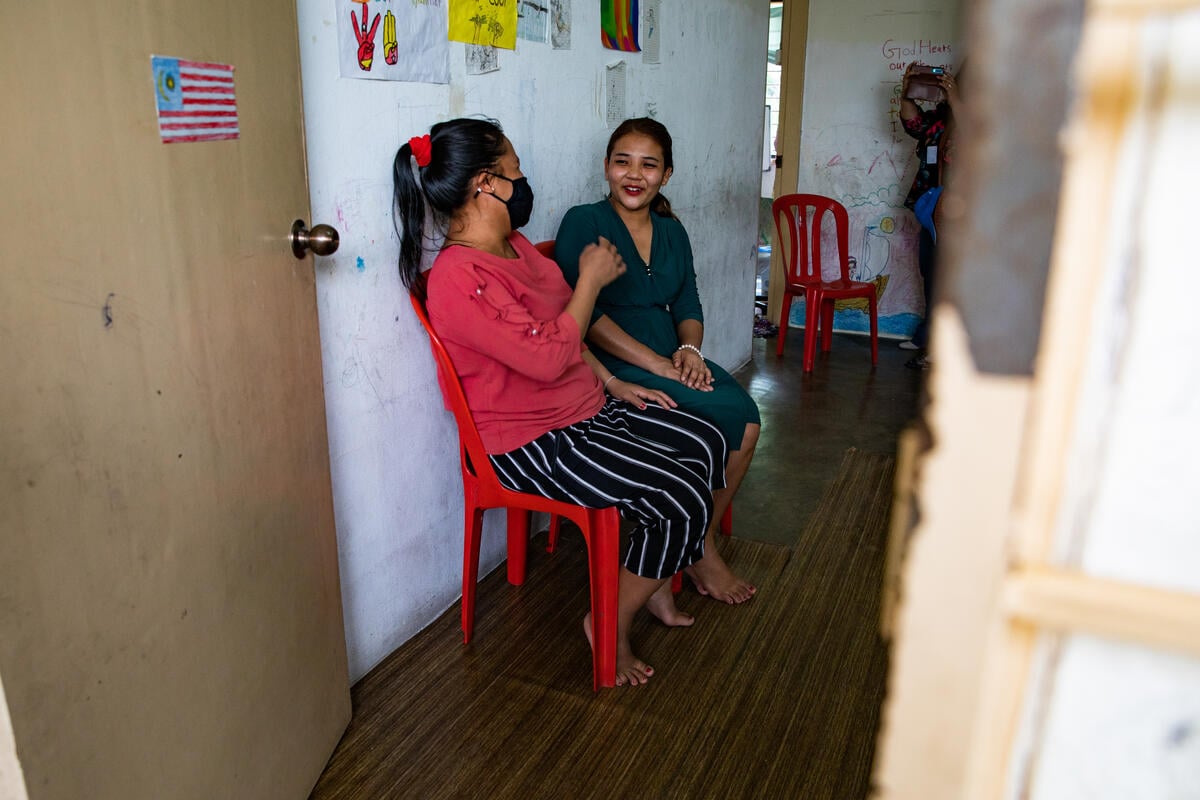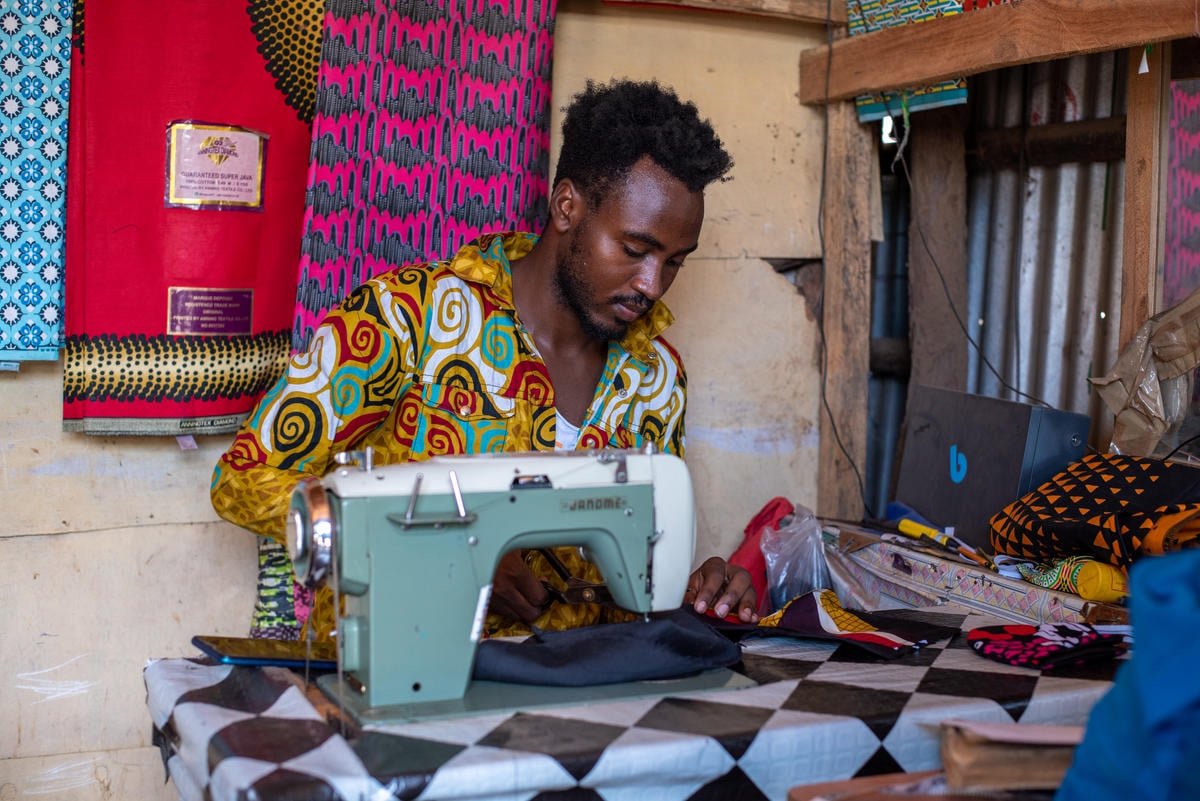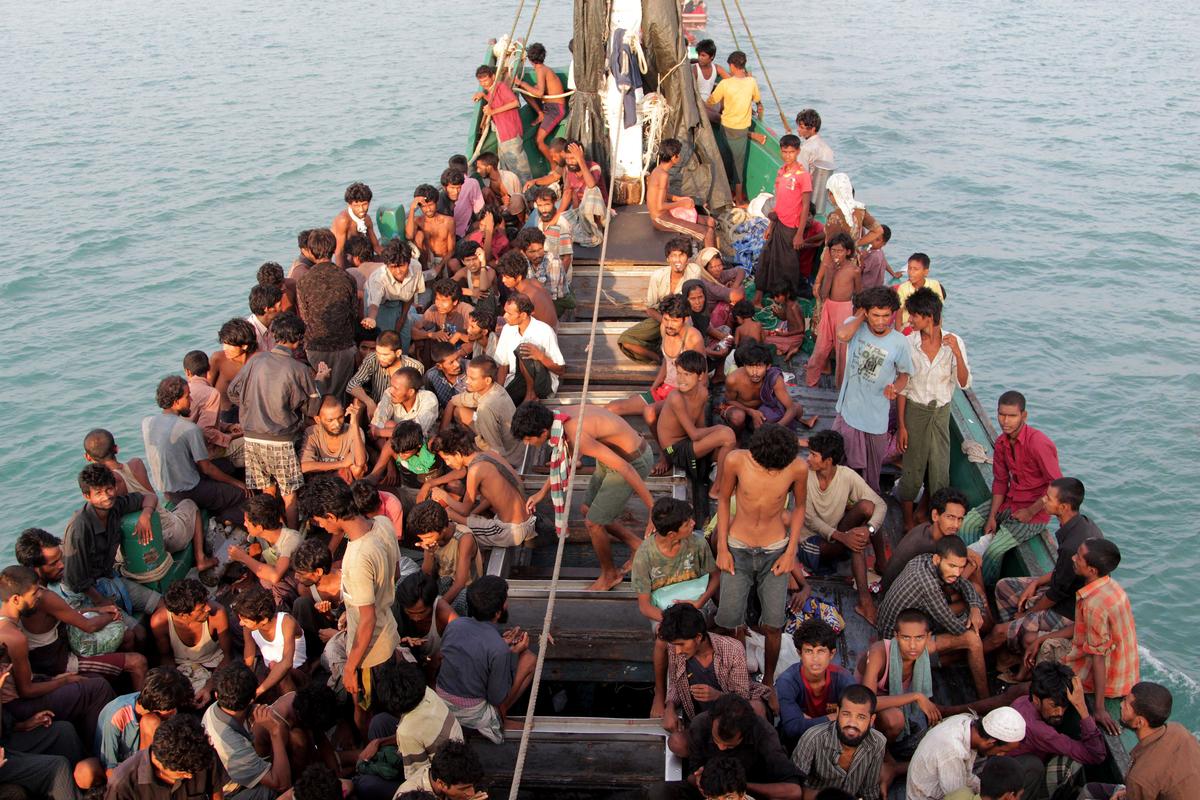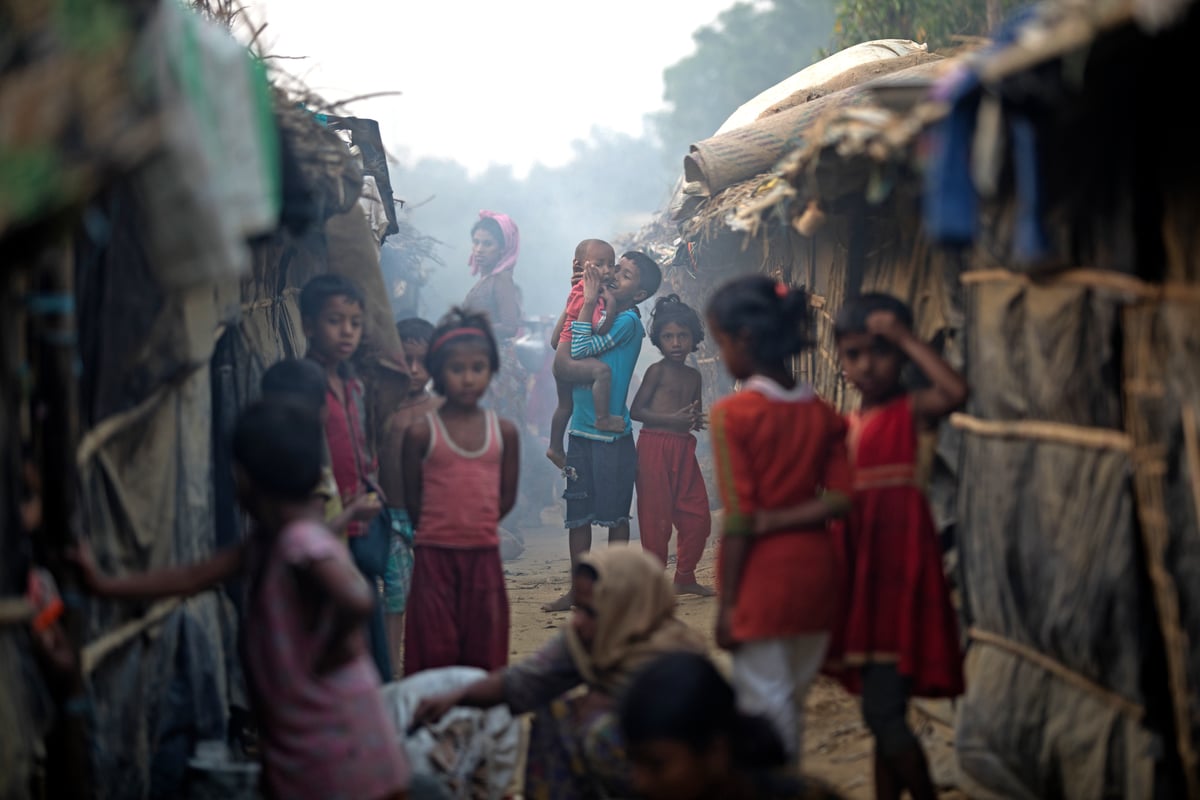Malaysia: UNHCR on alert as government prepares for crackdown
Malaysia: UNHCR on alert as government prepares for crackdown
UNHCR is on alert to protect refugees and asylum seekers as the Malaysian government gets ready to start its crackdown on illegal migrants after an extended amnesty ends on 28 February. We are concerned that thousands of refugees and asylum seekers in Malaysia could be at risk of arrest, detention or deportation during the crackdown which will be enforced by the authorities backed up by a half-million-strong civil volunteer force called RELA. However, UNHCR has received assurances from the highest levels of the Malaysian Government that people of concern to us will not be affected.
In readiness for the crackdown, UNHCR has put in place a number of informal arrangements both with the police and RELA to prevent people of concern to us being affected. To monitor the situation, we have set up an operations room in our Kuala Lumpur office with three hotline numbers manned by two staff members 24 hours a day. This is to ensure that the authorities can call in and check with us whether a certain individual is registered with UNHCR or, is of concern to the office. If so, they should then be released. Late last year all the police chiefs from Malaysia's 13 states were addressed by UNHCR's representative on refugee registration, documentation and status determination and training has also been given to senior RELA staff on recognising UNHCR documentation.
UNHCR will also be increasing our monitoring activities at immigration depots, and intensifying our registration efforts. In mid-December 2004, the refugee agency started sending mobile registration teams to the jungle camps on the outskirts of Kuala Lumpur in an effort to provide documentation to hundreds of refugees and people of concern to us as they often live alongside illegal migrants, increasing their risk of being picked up. In November, we completed a mobile registration exercise on the island of Penang for refugees from the strife-torn Indonesian province of Aceh, which was later struck by the tsunami.
We hope that these combined measures will go a long way to protecting refugees and people of concern to UNHCR during the crackdown. We have been encouraged recently by a constructive and strengthened relationship between UNHCR and the government. Last week, for instance, in a much welcome act, the police force in Sepang district released into UNHCR custody 14 Acehnese registered with us who had been arrested. UNHCR is greatly encouraged that documentation was respected by law enforcers.
There are some 35,000 [corrected from 47,000 February 28] people of concern to UNHCR in Malaysia, including ethnic groups from Myanmar, people fleeing from Indonesia's Aceh province, and other nationalities.








